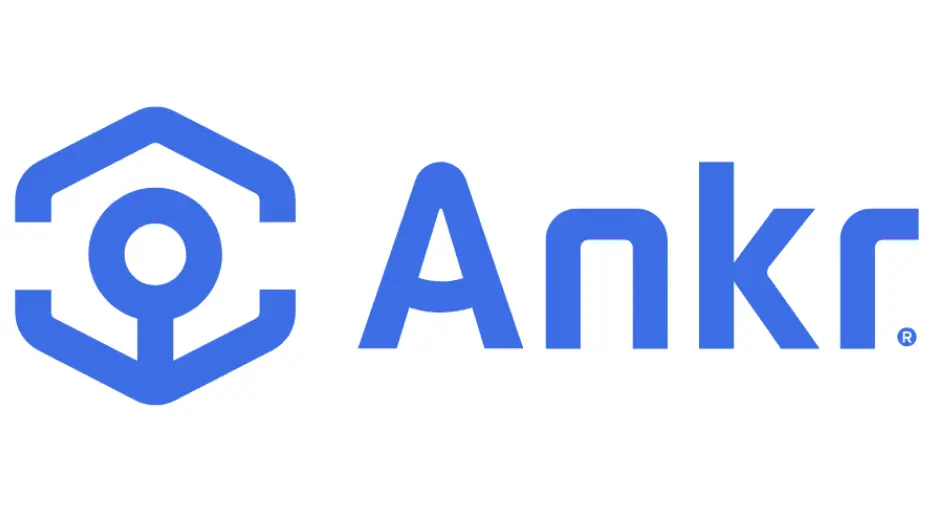
We know well that poor user experience can be the downfall of any software so high gas fees and poor network speed,will make it difficult to convince traditional organisations that they need the tech, according to Ankr’s Josh Neuroth.
Blockchain Scalability Challenges
Josh Neuroth, head of product at the decentralized Web3 infrastructure platform Ankr explained, the widespread adoption of Appchains may be the spark needed to kick start and ultimately onboard billions of new Web3 users. In addition, Neuroth also suggested that Appchains can be used as tools which help developers “overcome scalability challenges by working together with other scaling solutions like Layer 2.”
READ MORE:
Welsh Government to freeze rates for 23-24 financial year
UK government offering more help from April as cost of living crisis kicks in
Porsche crashes into Cardiff pub
Body found in Cardiff park
‘Gun’ wielding woman in South Wales, finally receives jail time
Appeal made to receive information on 19 year olds death
20 children contract strep a one welsh school
Cardiff linked man Mr Duncalf-Massey Arrested and due in court for phishing scam & money laundering
news.Bitcoin.com interviewed Ankr’s Head of Product, Josh Neuroth about these issues:
Josh Neuroth (JN): App-specific blockchains (aka subnets, sidechains, or Appchains) are chains dedicated to serving only one decentralized application. They are subnets of ecosystems like the BNB Chain, Polygon, or Avalanche that support an added network of these “child chains.” Appchains give developers the best of security, scalability, and customizability without needing to build an entirely new layer-1 chain from scratch.
BCN: What distinguishes them from Layer 1 and Layer 2 chains?
JN: When building on an existing L1 or L2 blockchain, developers compete for traffic and resources with thousands of other projects. This can lead to a poor user experience with slow networks, high gas fees, and a lack of customization. Alternatively, Appchains dedicate all resources and infrastructure to support one app — leading to a much-improved UX.
BCN: Why do proponents of custom blockchains believe these will play a key role in the mass adoption of Web3?
JN: Millions of excited new Web3 users are disappointed by high gas fees, slow transactions, hacks, and complexity. With a new solution to these scalability issues, devs can focus on providing streamlined Dapps that make every web user want to get involved — so Web3 can finally onboard billions of new users. In short, custom Appchains will start to provide all the benefits of Web3 with a better user experience than even established Web2 applications.
BCN: How do your Appchains help dapp developers build custom blockchains uniquely suited to their application?
JN: Ankr Appchains is an end-to-end engineering service that lets projects pick and choose their specs for a new blockchain (built on ecosystems like BAS) while the Ankr team gets to work building it. Ankr Appchains are highly customizable for tailored programming languages, consensus mechanisms, development frameworks, and security features to suit any industry or use case. about:blank
BCN: How useful are they for transaction-intensive use cases like defi and gamefi?
JN: Appchains are best suited to the types of use cases that have extremely high requirements for bandwidth and scalability. Building a game directly on Ethereum would mean a fairly slow and expensive experience for your players in terms of gas fees. With a game built on an Appchain, you can provide an always-low (or even zero) gas fee experience with blazing-fast transactions that don’t distract from gameplay. The same principle applies to every new Defi protocol or DEX.
BCN: Are custom blockchains the answer to the so-called blockchain trilemma?
JN: App-specific blockchains do address and provide a solution for each aspect of the blockchain scalability trilemma. They improve decentralization by creating an ‘internet of blockchains’ with new validators and nodes for diverse infrastructure. They improve security by enabling any customization or enhancement to security frameworks that developers can dream up.
And finally, Appchains are extremely good at improving scalability by ensuring Dapps can support nearly any number of users or transactions. Appchains aren’t the end-all-be-all to the complexities of the trilemma, but they are an added tool that helps us overcome scalability challenges by working together with other scaling solutions like Layer 2 that are already doing a great job to improve Web3’s performance.